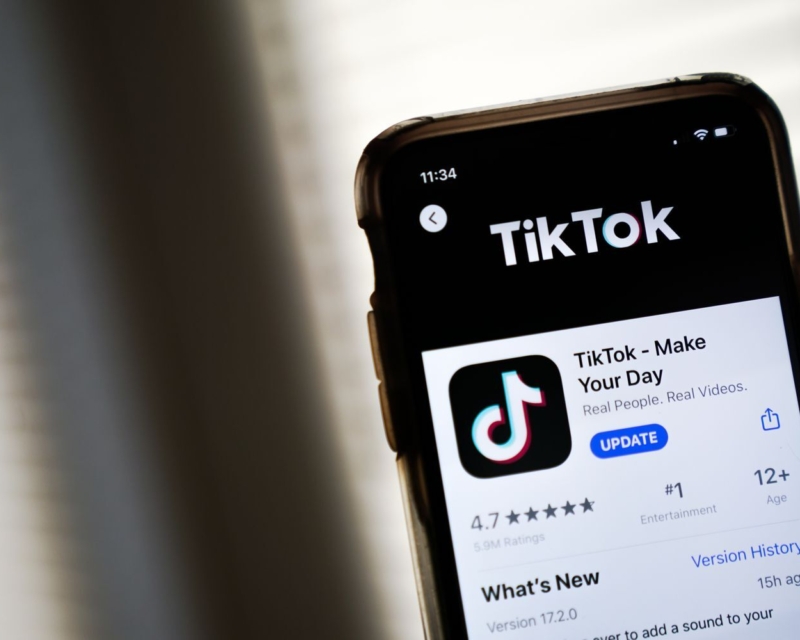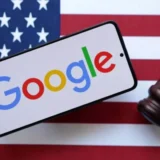TikTok’s Battle for Survival and Free Speech Begins
TikTok took its fight against a potential U.S. ban to federal court on Monday, arguing that the government’s attempt to force its sale violates the Constitution. Facing a January deadline imposed by the Biden administration, the social media platform argues that targeting them with these laws—under the guise of national security concerns—is nothing more than a breach of its First Amendment rights.
At the heart of the legal showdown is the government’s demand that TikTok’s Chinese parent company, ByteDance, sell to a U.S.-approved buyer all their shares in the company. This stems from fears that its ties to China make it vulnerable to state influence, potentially allowing the Chinese government to manipulate the content viewed on its feeds. But their legal team insists that such fears are exaggerated and argue that their platform, like any other social media platform, is entitled to free speech protections.
TikTok’s attorney, Andrew Pincus, made a compelling case to a three-judge panel in Washington, DC, asserting that any restriction on the app’s ability to operate is a direct assault on U.S. users’ freedom of expression. He argued that the content created and consumed on the app represents the voices of American citizens, not some nefarious foreign agenda. The government, according to the platform, has overstepped its bounds by dictating who can own and operate a platform used by millions of Americans.
However, the court pushed back on this argument, with Judge Sri Srinivasan pointing out a crucial distinction: the ownership by a foreign entity raises legitimate concerns about content moderation and potential manipulation. Srinivasan argued that while the First Amendment protects free speech, it doesn’t guarantee foreign organizations the right to curate content without oversight.
As this legal drama unfolds, it’s clear that their fate hinges on more than just constitutional arguments. At stake is the delicate balance between national security and the freedoms enjoyed in the digital age. Whether it can emerge unscathed or be forced to sever its ties with China remains a question that cuts to the core of modern geopolitics and the future of online platforms.






